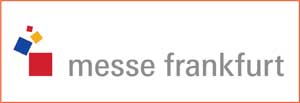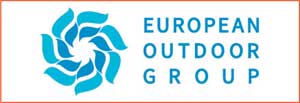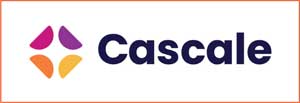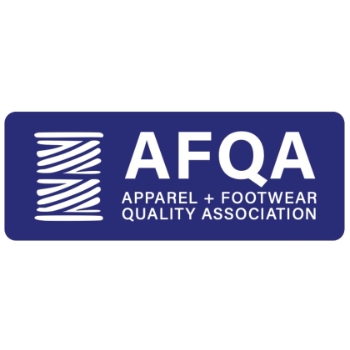 AFQA
AFQA
The Apparel and Footwear Quality Association (AFQA) is a new collaborative forum of apparel and footwear companies that aims to improve physical textile testing to...
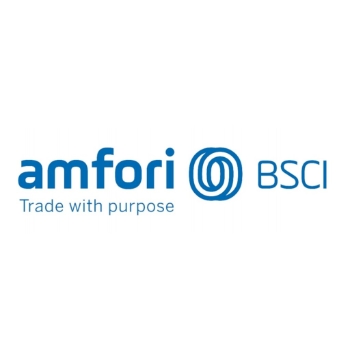 Amfori BSCI
Amfori BSCI
The amfori Business Social Compliance Initiative (BSCI) was originally set up as an initiative of the Foreign Trade Association (now Amfori) to achieve convergence in...
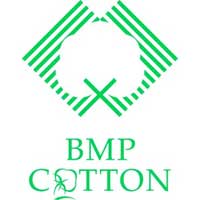 Australian BMP Cotton
Australian BMP Cotton
BMP is the Australian cotton industry’s best practise guidelines for growing cotton in harmony with the environment using an audited process with fully traceable supply chains.
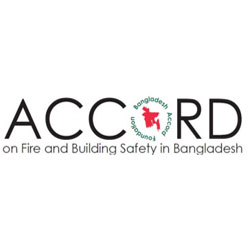 Bangladesh Accord on Fire and Building Safety
Bangladesh Accord on Fire and Building Safety
The Bangladesh Accord on Fire and Building Safety was an agreement designed to make all garment factories in Bangladesh safe workplaces. The Accord agreement included...
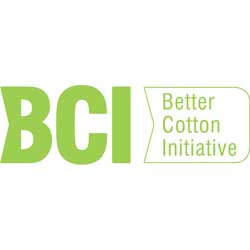 Better Cotton Initiative
Better Cotton Initiative
The Better Cotton Initiative (BCI) is a holistic approach to sustainable cotton production, which covers environmental, social and economic issues. It’s designed to...
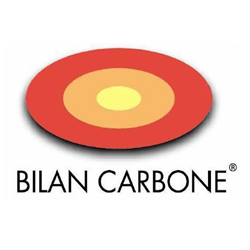 Bilan Carbone
Bilan Carbone
Bilan Carbone is a methodology developed by the French Agency for Environment and Energy Control (ADEME). It is a useful tool for organisations (company, community or...
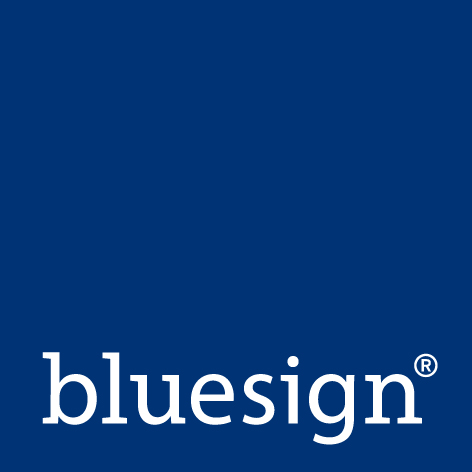 Bluesign Technologies
Bluesign Technologies
Focusing on consumer safety and the environment, the Swiss-based bluesign system examines natural resources and chemicals used in textile production, occupational health...
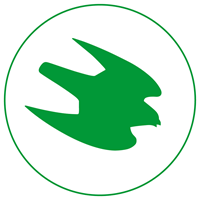 Bra Miljöval
Bra Miljöval
The Bra Miljöval standard was developed by the Swedish Society for Nature Conservation (SSNC) and translates as ‘Good Environmental Choice’ in English. It is...
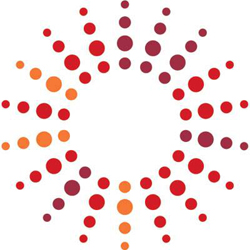 Business for Social Responsibility (BSR) – Water Quality Guidelines
Business for Social Responsibility (BSR) – Water Quality Guidelines
The Water Quality Guidelines (WQG) are voluntary goals set by the non-profit business association, Business for Social Responsibility (BSR). The goal is to improve...
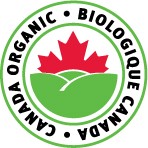 Canada Organic Regime
Canada Organic Regime
The Canada Organic Regime is a food based standard, but it’s interesting from a textiles point of view because in June 2009, an ‘equivalency agreement’ was signed...
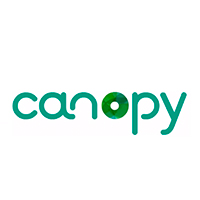 Canopy: Hot Button Ranking
Canopy: Hot Button Ranking
The Hot Button Ranking scheme, from environmental NGO CanopyStyle, provides an overview of the work undertaken by leading viscose producers to ensure that the raw...
 Content Claim Standard
Content Claim Standard
The Content Claim Standard is a voluntary standard that can be used to trace a material through the supply chain or used as a back-up for content claims if other...
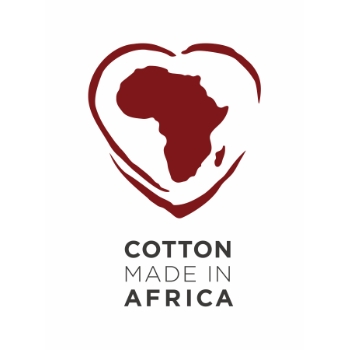 Cotton made in Africa
Cotton made in Africa
Cotton made in Africa (CmiA) is an independent standard for sustainable and traceable cotton. Through diversification, resource efficiency and innovative approaches,...
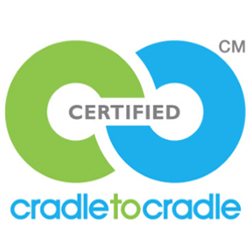 Cradle to Cradle
Cradle to Cradle
The Cradle-to-Cradle standard assesses product safety to humans and the environment, as well as product design for material reuse using a four-tier improvement system,...
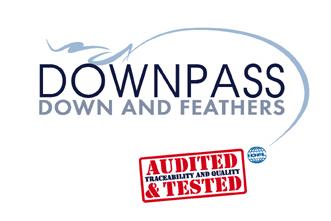 Downpass
Downpass
Launched in 2016, the goal of the Downpass standard is to contribute to the ethical sourcing of down and feathers, and to help companies to firmly anchor animal welfare...
 Energy Star
Energy Star
Energy Star is a joint voluntary programme of the US Environmental Protection Agency (EPA) and the U.S. Department of Energy (DOE) that aims to help consumers save money...
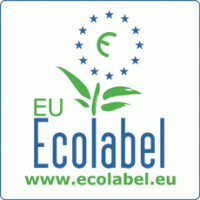 EU Ecolabel:Textiles
EU Ecolabel:Textiles
The European Ecolabel system allows the products of manufacturers, retailers or service providers to carry the distinctive ‘Flower’ label for marketing purposes...
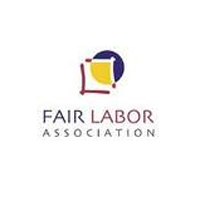 Fair Labor Association
Fair Labor Association
Established in 1999, the US-based Fair Labor Association (FLA) is a collaborative effort of socially responsible companies, universities, governments, labour rights...
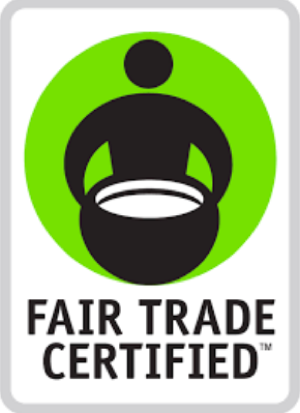 Fair Trade
Fair Trade
When a product is ‘Fair Trade Certified’ it has demonstrated that it meets rigorous social, environmental and economic standards outlined by the initiative’s...
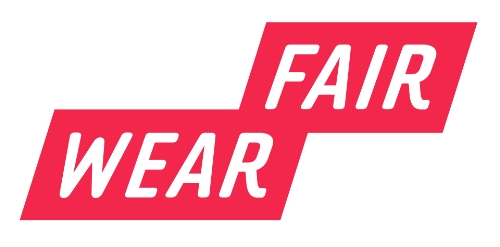 Fair Wear Foundation
Fair Wear Foundation
The Fair Wear Foundation (FWF) is a Netherlands-based NGO, which works with companies in the textile industry to improve labour conditions and examines how brands are...
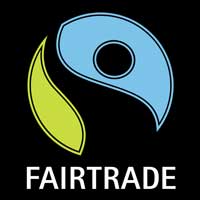 Fairtrade Textile Standard
Fairtrade Textile Standard
The Fairtrade Textile Standard is one component of the greater Fairtrade Textile Programme which aims to facilitate change in textile supply chains and related business...
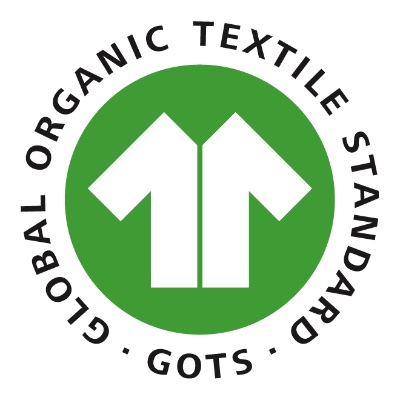 Global Organic Textile Standard (GOTS)
Global Organic Textile Standard (GOTS)
The Global Organic Textile Standard (GOTS) is an international standard for processing certified organic fibres. It encompasses stringent ecological, social, and human...
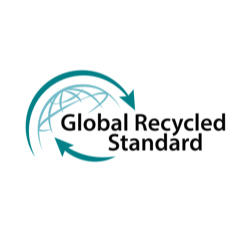 Global Recycled Standard
Global Recycled Standard
The Global Recycled Standard (GRS) addresses input material verification, chain of custody, environmental principles, social requirements, and labelling for textile...
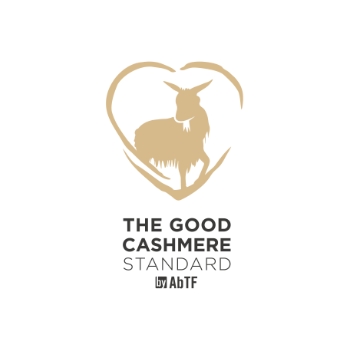 Good Cashmere Standard
Good Cashmere Standard
The Good Cashmere Standard (GCS) addresses the production and traceability of cashmere fibres with respect to the environment, supply chain transparency, the welfare of...
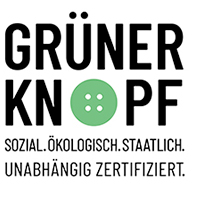 Grüner Knopf
Grüner Knopf
This standard is awarded by the German Federal Ministry for Economic Cooperation and Development (BMZ) to textile manufacturers who have passed certain social and...
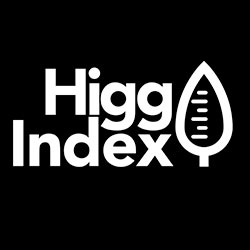 Higg Index
Higg Index
The Higg Index, is a suite of self-assessment tools developed and owned by Cascale that assesses the manufacturing, brand and product impacts of textile and consumer...
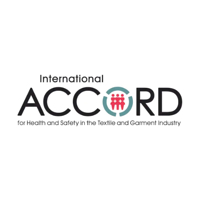 International Accord for Health and Safety
International Accord for Health and Safety
The International Accord for Health and Safety in the Textile and Garment Industry promotes safe workplaces through independent safety inspections, training programmes,...
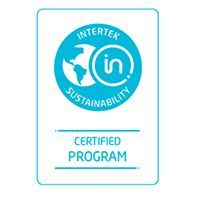 Intertek Recycled Content Program
Intertek Recycled Content Program
Since the last guide was published in 2018, international testing house Intertek has retired its ‘Green Leaf’ environmental marks for consumer goods including...
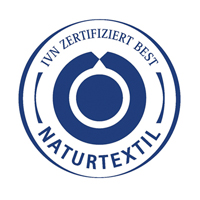 IVN BEST
IVN BEST
IVN is one of four members of the International Working Group for the Global Organic Textiles Standard (GOTS), and also supplies its own standard – the ‘Naturtextil...
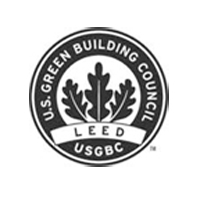 LEED
LEED
LEED, whose name originates from the acronym for Leadership in Energy and Environmental Design, was launched in March 2000 by the US Green Building Council.
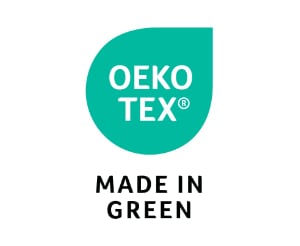 Made in Green by Oeko-Tex
Made in Green by Oeko-Tex
Made in Green by Oeko-Tex is a traceability label for textiles tested for harmful substances and the use of sustainable production practices and technologies...
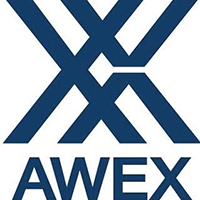 National Wool Declaration
National Wool Declaration
The National Wool Declaration (NWD) enables woolgrowers to promote their animal welfare practices (i.e. mulesing status) and the Dark and Medullated Fibre Risk (DMFR) of...
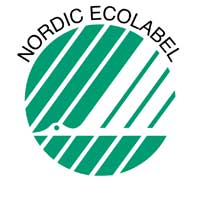 Nordic Ecolabel
Nordic Ecolabel
The non-profit Nordic ‘Swan’ Ecolabel is a voluntary license designed to help companies make and indicate products to the consumer that are more sustainable. It is...
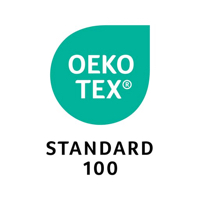 Oeko-Tex 100
Oeko-Tex 100
The Oeko-Tex Standard 100, introduced in 1992, is a global uniform testing and certification system for textile raw materials, intermediate products, and end products at...
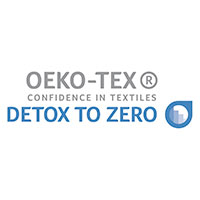 Oeko-Tex Detox to Zero
Oeko-Tex Detox to Zero
Based on the Detox campaign launched by Greenpeace in 2011 (and mothballed in 2019), this tool aims to exclude the 13 potentially hazardous chemicals from textile...
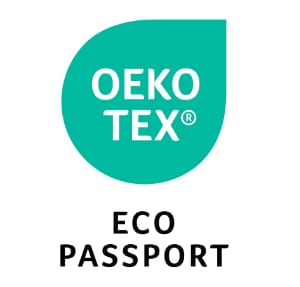 Oeko-Tex Eco Passport
Oeko-Tex Eco Passport
The ‘Eco Passport’ by Oeko-Tex is an independent certification system for chemicals, colourants and auxiliaries used in the textile and leather industry. It is...
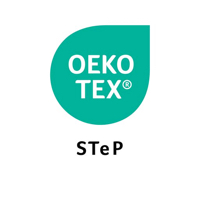 Oeko-Tex Sustainable Textile Production - STeP
Oeko-Tex Sustainable Textile Production - STeP
Sustainable Textile Production (STeP) is an Oeko-Tex certification system for brands, retail companies and manufacturers from the textile chain who want to communicate...
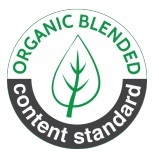 Organic Content Standard
Organic Content Standard
The Organic Content Standard (OCS) is a voluntary standard for tracking and verifying the content of organically grown materials in a final product.
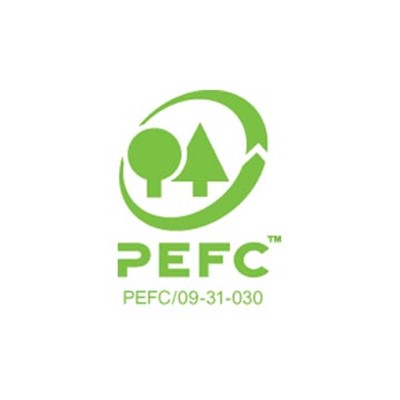 PEFC
PEFC
The Programme for the Endorsement of Forest Certification (PEFC) provides assurances that forests are managed in line with international environmental requirements,...
 Product Carbon Footprint - ISO/TS 14067:2018
Product Carbon Footprint - ISO/TS 14067:2018
Previously in the Textile Standards & Legislation Guide we featured ISO/TS 14067:2013. This has now been superseded by this later version, which was revised in late 2018.
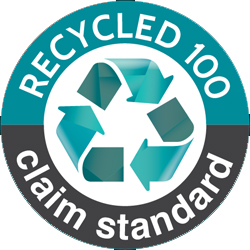 Recycled Claim Standard
Recycled Claim Standard
The Recycled Claim Standard (RCS) is a voluntary standard that tracks recycled raw materials through the supply chain to give credibility to recycled content claims on products.
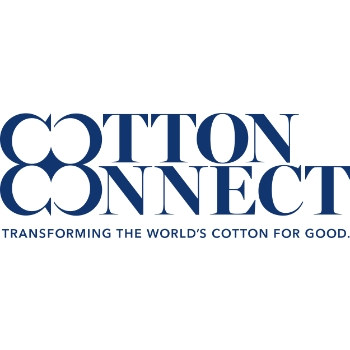 REEL Cotton
REEL Cotton
REEL Cotton is a traceable sustainable agriculture program run by CottonConnect that promotes environmentally friendly and socially responsible cotton farming.
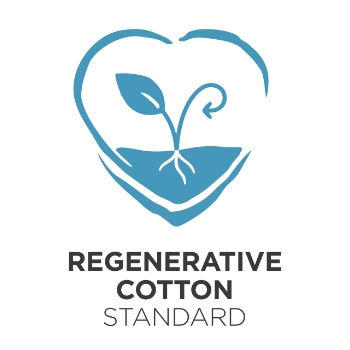 Regenerative Cotton Standard
Regenerative Cotton Standard
Developed by the Aid by Trade Foundation (AbTF), and released in November 2023, the Regenerative Cotton Standard (RCS) aims to improve the overall resilience and...
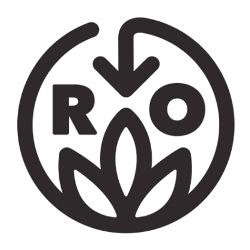 Regenerative Organic Certified
Regenerative Organic Certified
Regenerative Organic Certified was established in 2017 by a group of farmers, business leaders, and experts in soil health, animal welfare, and social fairness...
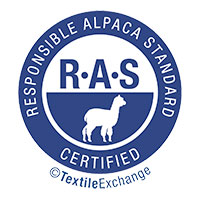 Responsible Alpaca Standard
Responsible Alpaca Standard
The Responsible Alpaca Standard (RAS) is an international, voluntary standard that ensures alpaca wool is responsibly sourced from farmers with high animal welfare standards.
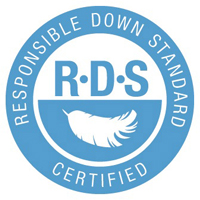 Responsible Down Standard
Responsible Down Standard
This standard focuses on compliance with local legal animal welfare regulations and aims to ensure that the Responsible Down Standard (RDS) does not come from farms that...
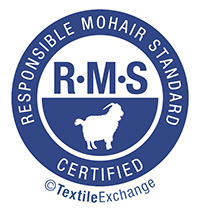 Responsible Mohair Standard
Responsible Mohair Standard
Launched by Textile Exchange in March 2020, the Responsible Mohair Standard is based on the same system as the Responsible Wool Standard and monitors animal welfare...
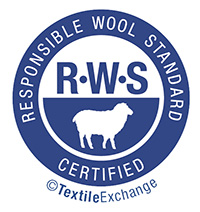 Responsible Wool Standard
Responsible Wool Standard
The Responsible Wool Standard (RWS) is a voluntary standard that addresses the welfare of sheep and the land they graze on in a bid to help sheep farmers meet consumer,...
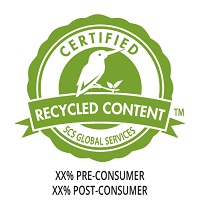 SCS Recycled Content Standard
SCS Recycled Content Standard
SCS claims that its private Recycled Content Standard helps companies to demonstrate ‘leadership in reducing reliance on natural resources’, as well as to satisfy...
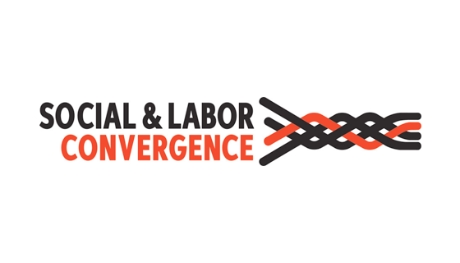 Social & Labor Convergence Program
Social & Labor Convergence Program
The Social & Labor Convergence Program provides the tools to capture accurate data about working conditions in global supply chains. This multi-stakeholder...
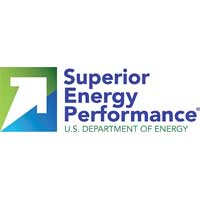 Superior Energy Performance
Superior Energy Performance
Superior Energy Performance is a certification program from the U.S. Council for Energy-Efficient Manufacturing that provides industrial facilities with a roadmap for...
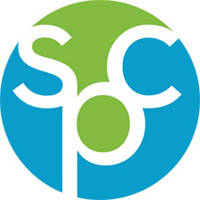 Sustainable Packaging Coalition
Sustainable Packaging Coalition
The Sustainable Packaging Coalition (SPC) is an industry working group dedicated to a more robust environmental vision for packaging. Through member support, an informed...
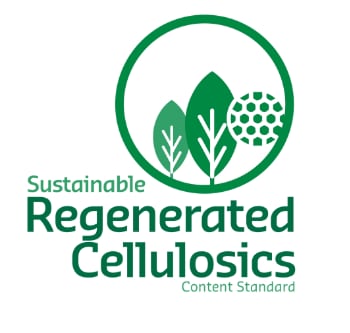 Sustainable Regenerated Cellulosics
Sustainable Regenerated Cellulosics
The Sustainable Regenerated Cellulosics Content Standard (SRCCS) formerly known as the Sustainable Viscose Chain of Custody Standard (SVCOC), was initially created by...
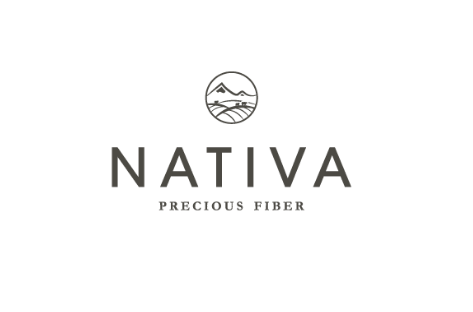 The Nativa Label
The Nativa Label
A label of the Chargeurs Group, Nativa sets a standard for stakeholders within the merino sheep industry and supply chain to meet if they’re to demonstrate a...
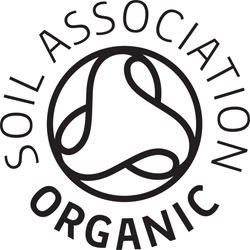 The Soil Association
The Soil Association
The Soil Association organic standard for textiles is another label which has adopted the GOTS criteria. It has a very high degree of consumer recognition in the UK...
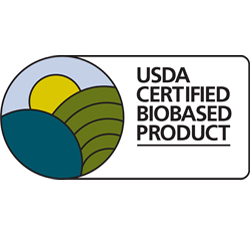 USDA BioPreferred
USDA BioPreferred
The United States Department of Agriculture administers the BioPreferred Program, which was created by the Farm Security and Rural Investment Act of 2002 (FSRIA or...
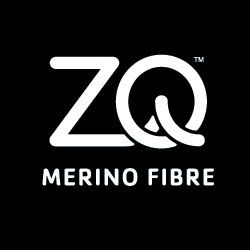 ZQ Merino
ZQ Merino
ZQ is a merino wool certification that looks at animal welfare and environmental standards. It has been developed and owned by The New Zealand Merino Company Ltd. ZQ is...


